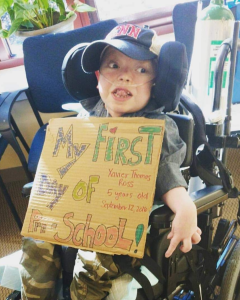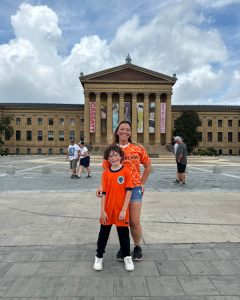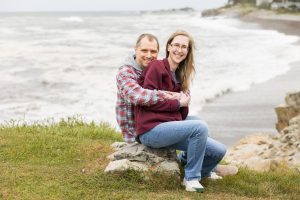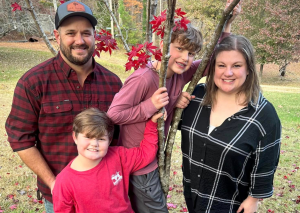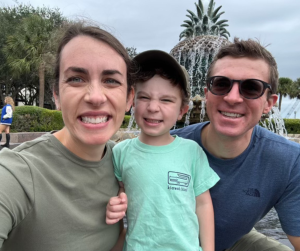
The Gaston Family: A New Chapter in Their Congenital Heart Disease Journey
Meet Ben! Every congenital heart disease (CHD) story begins differently, but many share a common thread of uncertainty, courage, and the determination to fight for a brighter future. For the

